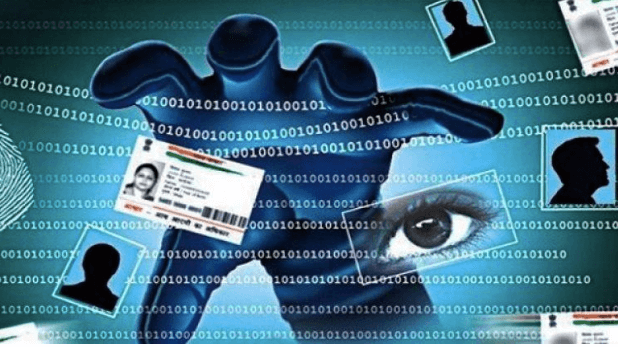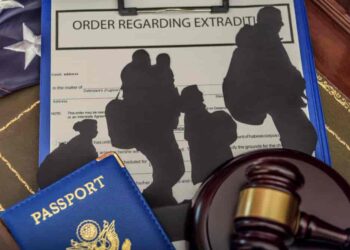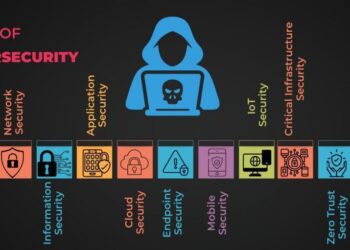Privacy is a human right, intricately linked to each individual and explicitly defined by international law as sacred and inviolable. Despite this emphasis, societal awareness remains limited, facing challenges such as abuse of power, complex social and personal security issues, and negative impacts of market economy and new technologies. Privacy violations are increasingly severe across civil, administrative, economic, and community aspects.
International Legal Framework for Privacy Protection
The right to privacy, acknowledged as a fundamental human right by United Nations agencies, human rights organizations, and scholars globally, is essential for individual autonomy and dignity, constituting a fundamental human right. Legal scholar Ruth Gavison identifies three elements of privacy: secrecy, anonymity, and solitude. Privacy, not solely a concern of legal studies, transcends into ethical, historical, and broad societal domains.
The rudimentary concept of privacy aligns with the emergence of the state, social division of labor, wealth disparities, and societal stratification. Privacy is not only a legal matter but a concern spanning ethics, history, and society at large. The Hippocratic Oath in medicine, pledging confidentiality and respecting patients’ privacy, illustrates its broader societal implications.
In 1361, judges in England deliberated on the basis for apprehending Peeping Toms without violating privacy. The need to protect the poorest from undue intrusion was recognized, asserting that even the King could not enter their homes arbitrarily. Numerous countries subsequently documented and developed privacy rights in legislation over the centuries.

In 1890, American scholars Samuel D. Warren and Louis D. Brandeis published “Right to Privacy,” a pivotal work laying the foundation for U.S. privacy laws. It argued that protecting privacy safeguards individuals from emotional and psychological harm caused by intrusive acts. Concurrently, William Prosser (1898-1972) detailed four specific behaviors constituting privacy infringement.
Presently, privacy protection is viewed as a guide for society, state, community, and individuals to restrict interference in personal and professional lives. The Australian Constitution’s preamble emphasizes the need to respect individual autonomy and limit the power of entities—both state and private—in infringing individual autonomy.
International organizations and information security centers have released reports on “Privacy and Human Rights,” highlighting key privacy concerns: privacy of personal information, including rules governing the collection and processing of personal data; bodily privacy, safeguarding individuals from invasive procedures; communication privacy, ensuring the security of mail, parcels, telephone calls, and electronic communications; and residence privacy, limiting intrusion into personal living spaces or public areas.
The United Nations Charter in 1945, the Universal Declaration of Human Rights in 1948, and the International Bill of Human Rights mark the development and triumph of the struggle to protect privacy in the fundamental human rights framework. These foundational documents assert strongly that privacy is an inherent and free-standing right, requiring legal protection. Article 12 of the Universal Declaration of Human Rights states: “No one shall be subjected to arbitrary interference with his privacy, family, home, or correspondence, nor to attacks upon his honor and reputation. Everyone has the right to the protection of the law against such interference or attacks.” Subsequently, the right to privacy is reaffirmed in Article 17 of the International Covenant on Civil and Political Rights (ICCPR).
Other international instruments addressing privacy rights include Article 14 of the International Convention on the Protection of the Rights of All Migrant Workers and Members of Their Families (1990), emphasizing protection against illegal interference in the private lives, families, homes, and correspondence of migrant workers and their families. Article 22 of the Convention on the Rights of Persons with Disabilities (2007) acknowledges that persons with disabilities, regardless of their location or residence, should not be subject to arbitrary or unlawful interference with their private lives, families, homes, or correspondence.
In April 1988, the United Nations Human Rights Committee adopted a document titled “The Right to Respect for Privacy, Family, Home and Correspondence, and Protection of Honour and Reputation.” This marked a new milestone in the development of international privacy law, emphasizing the need for appropriate legal provisions to safeguard privacy rights.
According to the UN Human Rights Committee, the collection and retention of personal information, whether by state agencies, state officials, or private individuals in private sectors, should be regulated by law. States must implement effective measures to ensure that personal information does not fall into the hands of those unauthorized by law to process and use it. Effective privacy protection necessitates individuals’ right to know if their personal information is being collected, stored, and processed, and by whom, for what purpose, and who manages their personal information. Individuals also have the right to request correction or deletion of their personal information if it is inaccurate or unlawfully collected or stored.
Investigations into an individual’s family should be limited, conducted only when necessary, and without causing undue inconvenience. Privacy investigations and body searches must be carried out in a manner consistent with the dignity of the person being investigated, with searches of the body by state or health personnel being conducted in accordance with the individual’s gender.
Article 22 of the International Convention on the Rights of Persons with Disabilities (CRPD) recognizes that persons with disabilities, regardless of their location or residence, should not be subject to arbitrary interference in their private lives, families, homes, or correspondence, nor be unlawfully attacked in their honor and reputation. The Convention on the Rights of the Child in 1989 dedicates Article 16 to the specific regulation of children’s privacy rights.
In November 2013, the Third Committee of the United Nations General Assembly passed a resolution calling on member states to review procedures, legal practices regarding monitoring, surveillance of communication information, prevention and collection of personal data, including mass surveillance. The resolution emphasized the importance of enforcing all relevant human rights obligations under international human rights law to ensure privacy rights.
In summary, the international legal landscape for privacy protection is extensive, spanning declarations, covenants, and conventions that underscore the importance of safeguarding this fundamental human right. Legal frameworks are essential to secure privacy rights, necessitating continuous efforts to address evolving challenges in the digital age.
Cre: lsvn






















Discussion about this post